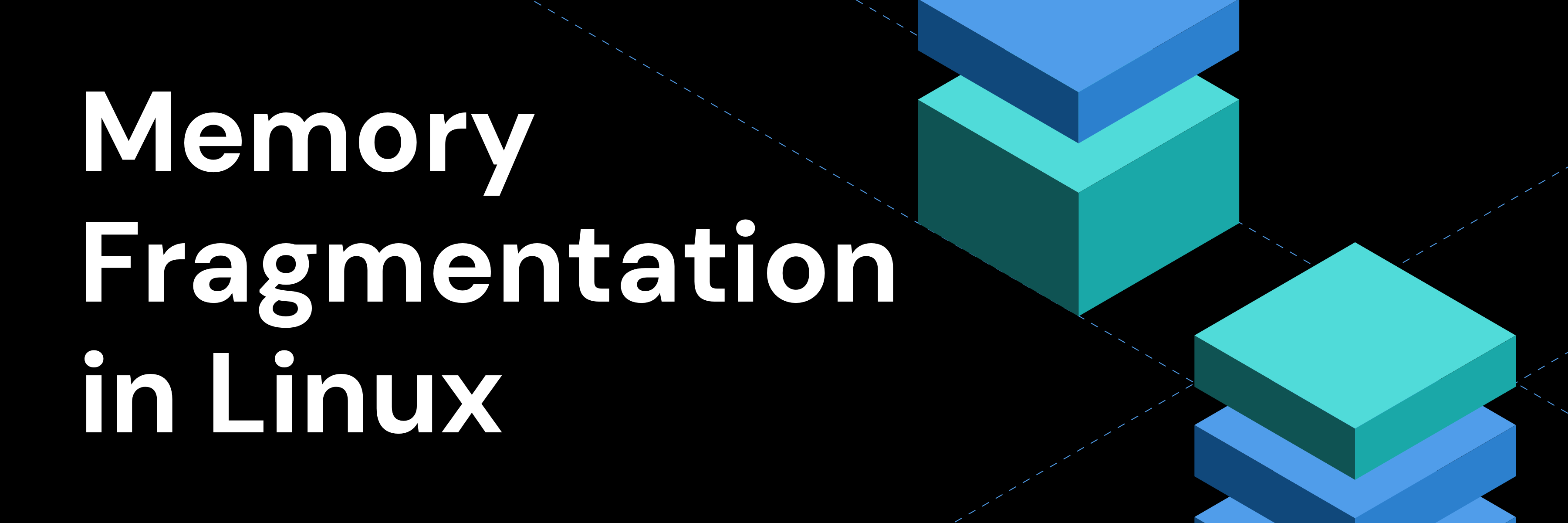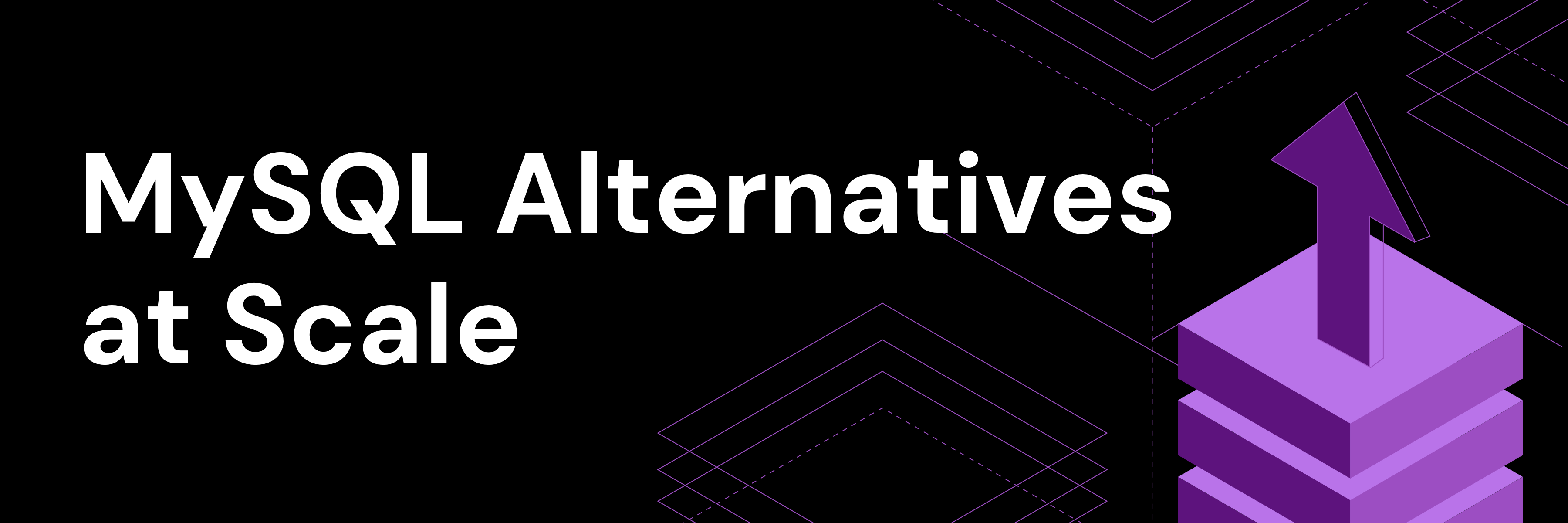
Author: Li Shen (SVP at PingCAP)
Editor: Tom Dewan
Does this sound like you? You’re a startup with an innovative product, fantastic goals, and a lot of drive. But as your business grows, your infrastructure issues grow, too. How do you scale your database? How do you ensure high availability and disaster recovery? How do you keep your infrastructure from being too complicated to maintain? How do you make sure that your infrastructure will not delay getting your products to market?
These issues—and more—eat away at two of your most important resources: time and engineering talent. Engineers should spend their time innovating, not maintaining the infrastructure.
Just a few years ago, our company, PingCAP, was a startup, too. We have a solution that can get you back on track, so you can focus on your products and customers and not “busy work.” It’s our TiDB database, an open-source NewSQL database that supports Hybrid Transactional and Analytical Processing workloads. TiDB is also cloud-native and Kubernetes-friendly, which can be a good fit for modern architectures.
In this article, I’ll take you through the specific ways TiDB can solve your infrastructure issues. I’ll also share a few case studies of companies who are using TiDB and how it’s helped them.
How TiDB can address your challenges
Easily scale your database
TiDB is horizontally scalable. You can easily scale your database to tens or hundreds of nodes without any modification to your application or any downtime. This brings huge operational efficiencies by avoiding errors, eliminating complexity, and reducing operational costs due to scale. The developers can focus on application development. This “cloud-native” scale-out capability supports your fast-paced growth and is key for innovation.
Iterate quickly and innovate faster
TiDB supports the MySQL protocol and behaves like MySQL, so it’s easy to find developers and tools that can work with it. Because the storage engine (TiKV, TiFlash) and the computing layer are not based on MySQL code, there is not the same legacy code to work with. This improves development speed (Golang, Rust) and brings new features to market faster.
TiDB’s effortless scaling, online Data Definition Language (DDL), and Hybrid Transactional and Analytical Processing (HTAP) capability can empower startups to work with data in the most flexible, intuitive way. You can quickly adapt to the changing needs of your growing business.
To make the best use of your data and have more innovation for your business, native integration with OLAP systems may become a critical component of application development. Over time, more business logic and application functionality can transition to this model. We see an increase in sophisticated vertical Software-as-a-Service (SaaS) solutions implemented as horizontal layers on top of the data platform. While it’s early to draw a conclusion, we’d argue that the changes taking place in the data stack are at least consistent with the idea that platforms are evolving.
Run on any cloud
TiDB is an open-source project that gives you the freedom to deploy on any cloud or locally without vendor lock-in. You can leverage the best of all cloud environments. Choose your favorite cloud vendor with the service you need or with the best discount.
Many startup companies build their tech stack on top of Kubernetes to reduce operation costs. TiDB has native support for Kubernetes. You can use TiDB-Operator to run TiDB in an Amazon Elastic Kubernetes Service (EKS) cluster, Google Kubernetes Engine (GKE), or a native Kubernetes cluster.
TiDB Cloud, the managed TiDB service, is now available on Amazon Web Services (AWS) and Google Cloud Platform (GCP), and it will be available on Microsoft Azure in this year.
Lower your data infrastructure operating cost
It is not easy for a fast-growing company to maintain its data infrastructure. It is not only about how to scale your database but also about maintaining a complex data stack that makes your business become more complex. At some point, startups will consolidate their technology stacks to build a neat and resilient architecture for sustainable growth. You don’t need to maintain a large number of database instances.
TiDB has built-in high availability and disaster recovery features make operations easier. You do not need to handle these tasks manually. This could help you to improve business continuity and meet compliance requirements.
You don’t need a complex tech stack to support analytics; HTAP is an all-in-one solution.
TiDB Cloud is the managed service available on public clouds. It can mitigate most of your operating costs.
Case studies
Streak
Streak is a Google Chrome extension. It directly integrates with Google Workplace to create a customer relationship management (CRM) dashboard of sales pipelines, contacts, and action items. Founded in 2011, they now have over 6,000 customers worldwide, including industry-leading companies like Opendoor, Uber, Atlassian, Logitech, Rappi, and Keller Williams.
Streak is layered on top of Gmail to automatically extract and organize the useful information buried inside our inboxes. As their customer base rapidly increased, it became clear that Streak was going to need a better system for organizing terabytes of email metadata to power collaboration. After considering multiple options, they chose TiDB. TiDB enables Streak users to easily share emails and metadata, and it enables Streak’s developers to move faster than ever before.
Check out the full case study here.
A leading payment company in Japan
This company acquired more than 10 million users in less than one year. During this journey, they faced quite fierce competition. There were more than 20 competitors at that time. The company ran a few successful campaigns to grab a significant market share. But with the growth of the business, their database could not keep up. They had database performance issues during the campaigns—even with the most powerful AWS Aurora instance.
They thought of using a sharding solution to solve the database scaling issue, but they would need to spend at least one quarter to modify the applications without delivering any new features. That would mean falling behind their competitors. So they switched to TiDB, and with only a few modifications on the application side, they achieved 5x performance. This solved their growing pains, and TiDB has been critical to their success in the market.
A hot chat app startup
In the beginning, this customer replaced Aurora with TiDB to solve their scalability and performance issues. Then, they fully used TiDB’s HTAP capability and migrated more applications from MongoDB and Elasticsearch to TiDB. They have a hybrid workload for serving (fast and high concurrent data write and read) and analytics (reporting style). TiDB can support both kinds of workloads at the same time. In addition, they only have five backend engineers, so efficiency is crucial. TiDB Cloud saves the effort of operating databases and makes their growth easier.
Want to learn more about TiDB or give it a try?
You can get more information about TiDB through our website: www.pingcap.com. You can find and read more documents and blog posts there. If you have any questions, feel free to join our Slack channel for help.
The easiest way to experience TiDB is our managed service TiDB Cloud. We offer a developer tier that lets you run a TiDB cluster on AWS for a year for free. That’s a great way to get acquainted with TiDB.
TiDB Cloud Dedicated
TiDB Cloudのエンタープライズ版。
専用VPC上に構築された専有DBaaSでAWSとGoogle Cloudで利用可能。
TiDB Cloud Starter
TiDB Cloudのライト版。
TiDBの機能をフルマネージド環境で使用でき無料かつお客様の裁量で利用開始。





